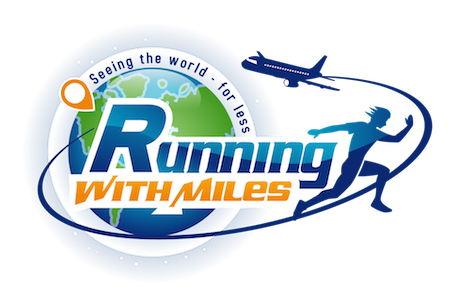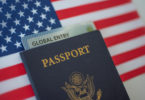This is one of those medical situations that would most likely not come as a big surprise but rather as a planned event. However, there are times when it may be some type of emergency situation so it is a good idea to know what to do and be prepared. If you are planning on having a baby abroad (whether it is a relocation for work or family situation), this may be of help to you as well.
4 Tips For Documents When Having A Baby Abroad
Recently, we went through this for the first time. While we could have gone back to the US for the delivery of our little guy, my wife felt comfortable enough with the medical facilities here that she preferred to just deliver the baby here (in Greece) rather than dealing with moving back to the US for a couple of months. There are some standard things that the US requires for declaring a baby born abroad a US citizen that we will look at it, but there will be some other things (depending on the country) that you may have to deal with before you actually arrive at the US Embassy or Consulate.
Check Your Documents
There are several documents that you will need that you may not normally carry with you. While some of them may seem like no-brainers, it still helps to catalog what you have and what you will need for the process to go smoothly. For the US side of things, here is what they have listed as generally needed for providing a Consular Report of Birth Abroad:
- Child’s birth certificate
- Evidence of the parent(s)’ US citizenship and identity. This may consist of a U.S. passport, U.S. passport card, Consular Report of Birth Abroad, Naturilzation Certificate, Certificate of Citizenship or timely filed U.S. birth certificate. For other forms of acceptable U.S. citizenship evidence, contact the U.S. consul. A passport or government issued Photo ID must be presented as proof of identity.
- Evidence of the U.S. citizen parent(s)’ physical presence or residence in the United States prior to the birth of the child. Such evidence may include, but is not limited to affidavits, school, employment, tax, bank, and medical records, utility bills, rent receipts, or other official public documents.
- Parents’ marriage certificate, if applicable.
- Evidence of the termination of any previous marriages of the parents (divorce decree, annulment decree, or death certificate).
- If a person other than a parent or the child is applying for the Consular Report of Birth Abroad, the person must present a certified copy of legal guardianship or notarized affidavit from the parent(s) authorizing the person to make the application.
- See this link for the form, DS-2029, and the complete instructions and required documents.
In our case, we had already used up our certified marriage certificates (which it does need to be – it cannot be a simple copy) on paperwork here. So, that required a phone call back to the county seat where we were married to get another marriage certificate.
Register The Birth
This could be the most difficult part of the whole process and it is because it depends on the local government that the baby is born in. In our case, our little boy was born and they gave us a document in Greek that told us where to go. Now, I can read Greek but there were still some confusing aspects of it for me in what they required. The paperwork was meant for Greek parents, not foreigners.
In addition to the paperwork that is required by the US Government, we also needed my Greek tax ID and a certified copy of our marriage license translated into Greek by an attorney and sealed by a court. There are many countries that have a similar requirement, as far as the translation of the documents.
The registration took place at the town hall and could only be done after going back to the hospital to get a birth paper from them. The whole process took about 4 hours to get done.
Schedule Appointment
In order to get your Consular Report of Birth Abroad, you need to appear at a U.S. Embassy or Consulate. In order to do that, you will need to make an appointment. This does not take long at all and can be done using this link here. The cost for the report is $100.
Be aware – if you give birth outside of a major city, you may have to travel to the Embassy or Consulate. In our case, we have a US Consulate here but it is essentially closed for months at a time as the consul is in Athens. The consul and staff come here every few months for two days so we needed to secure an appointment during that time.
Get US Passport
This is optional, but it makes sense to go ahead and get the US passport for your newborn at the same time as you get the Consular Report of Birth Abroad. The cost for the passport is an extra $105 so be sure you have the total of $205. You will need two passport-sized photos and the passport application filled out. The passport application can be done within the same appointment and at the same time as the Consular Report.
Summary
While I realize that the possibility of this being essential knowledge for the majority of my readers is very slim, I did think it would be helpful to at least document the process as we went through it. While there are documents and instructions, it can be helpful to read how it happened in real life. I had to basically feel along for part of the local registration as it was intended for a Greek citizen, not a foreigner. If you do need to get this done for a birth abroad, hopefully this will help!
One more thing to remember – there are still several countries that offer citizenship via jus soli, that is right to citizenship in the country of birth. There are about 30 countries that offer this but mostly in the Americas (see the whole list here). If your child is born in one of these countries, you can file for citizenship for your child in that country as well as the US. While this may be helpful in certain circumstances, make sure you get all of the information before you decide.







